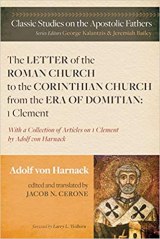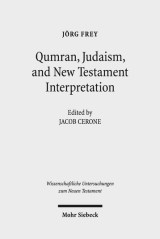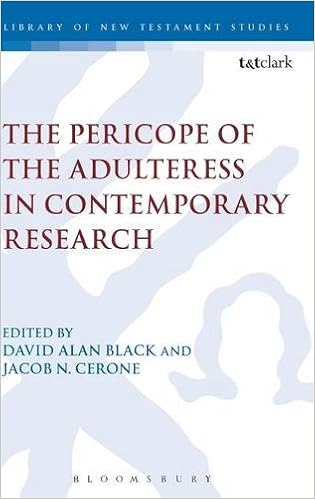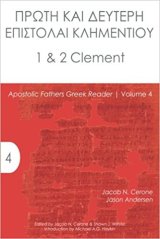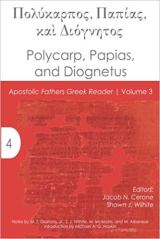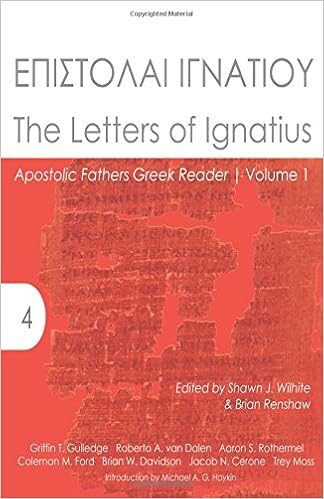After about a week and a half of being in Germany, I thought I would offer some quick, sophomoric tips on how to improve your German.
Immersion is the best way to learn. And it isn’t just about the fact that you have to engage in conversations on a daily basis. I found that it is also because—even when you have absolutely no interaction with others whatsoever—a walk to and from the store is an opportunity to learn. It happens constantly.
Street signs, elevator postings, advertisements, paperwork, etc. are encounters with the language and opportunities to learn. You quickly learn that the sign posted to the elevator in red and with fire in the background that says “Aufzug im Brandfall nicht benutzen” means “In case of a fire, don’t use the elevator.” The signs in the grass that say “Spielen auf dem Rasen ist verboten” is quite relevant for your 3 year old boy that wants to play everywhere. If you don’t want inquisitive stares, you better know that “playing on the grass is forbidden.”
Each of these encounters adds to your vocabulary. Each encounter strengthens your syntax. Each encounter is an opportunity to swim instead of give up, take refuge in yourself, and refuse to assimilate into your new environment.
 But there is another good way to learn the language: Use a dictionary. I’ve posted before about the great tools available with Google Translate and Duolingo. They are still excellent tools, which I would advise you use. And yet, ever since I purchased a PHYSICAL dictionary, I found that I was engaged in an entirely different exercise than quickly looking up words on Google translate. To look up a word in a physical dictionary, you must know what that word is and repeat it to yourself before starting your search. As you get closer to the word, you repeat it again. Finally, when you are certain you have found it, you repeat it in your mind, look back at the text you’re reading and confirm that it is in fact the word you were looking for. All this repetition functions as a memory aid. Now, when you read the definition of the word, you’re primed to remember the both it and its definition. Looking a word up on the computer shortchanges this process.
But there is another good way to learn the language: Use a dictionary. I’ve posted before about the great tools available with Google Translate and Duolingo. They are still excellent tools, which I would advise you use. And yet, ever since I purchased a PHYSICAL dictionary, I found that I was engaged in an entirely different exercise than quickly looking up words on Google translate. To look up a word in a physical dictionary, you must know what that word is and repeat it to yourself before starting your search. As you get closer to the word, you repeat it again. Finally, when you are certain you have found it, you repeat it in your mind, look back at the text you’re reading and confirm that it is in fact the word you were looking for. All this repetition functions as a memory aid. Now, when you read the definition of the word, you’re primed to remember the both it and its definition. Looking a word up on the computer shortchanges this process.
 Finally, I was informed by a good friend, tour guide, and mentor that the TestDAF permits the use of only one dictionary: Langenscheidt Großwörterbuch: Deutsch als Fremdsprache. It’s a German to German dictionary, and the very thought of using it was intimidating to me. I wouldn’t have even purchased the thing except I knew that it would be a required text for a test I was required to pass. After it sat on the shelf for a few days, I decided to start using it here and there as I read the day’s German newspaper (slowly, I might add). Come to find out, the definitions are rather simple to translate and helped reinforce the German I already know, learn synonyms of the word I’m looking up, provide me with confidence going forward, and give me a definition within the native language—a fact I think we all know is better than relying on a definition given by an entirely different language.
Finally, I was informed by a good friend, tour guide, and mentor that the TestDAF permits the use of only one dictionary: Langenscheidt Großwörterbuch: Deutsch als Fremdsprache. It’s a German to German dictionary, and the very thought of using it was intimidating to me. I wouldn’t have even purchased the thing except I knew that it would be a required text for a test I was required to pass. After it sat on the shelf for a few days, I decided to start using it here and there as I read the day’s German newspaper (slowly, I might add). Come to find out, the definitions are rather simple to translate and helped reinforce the German I already know, learn synonyms of the word I’m looking up, provide me with confidence going forward, and give me a definition within the native language—a fact I think we all know is better than relying on a definition given by an entirely different language.
Oh, and that reminds me—read newspapers. They are accessible texts written for a large audience that will give you practice in the language, expand your vocabulary, and reinforce your understanding of its syntax.
If you’re like me, you have a long way to go. But along the way, have fun. And as always, happy language learning!

 If you’re a student of Biblical Hebrew, there’s not much more to say than buy
If you’re a student of Biblical Hebrew, there’s not much more to say than buy 

 I’m excited to see my mentor’s new book
I’m excited to see my mentor’s new book  My good friend Thomas Hudgins has just successfully defended his PhD dissertation. Hop on over to his
My good friend Thomas Hudgins has just successfully defended his PhD dissertation. Hop on over to his 





